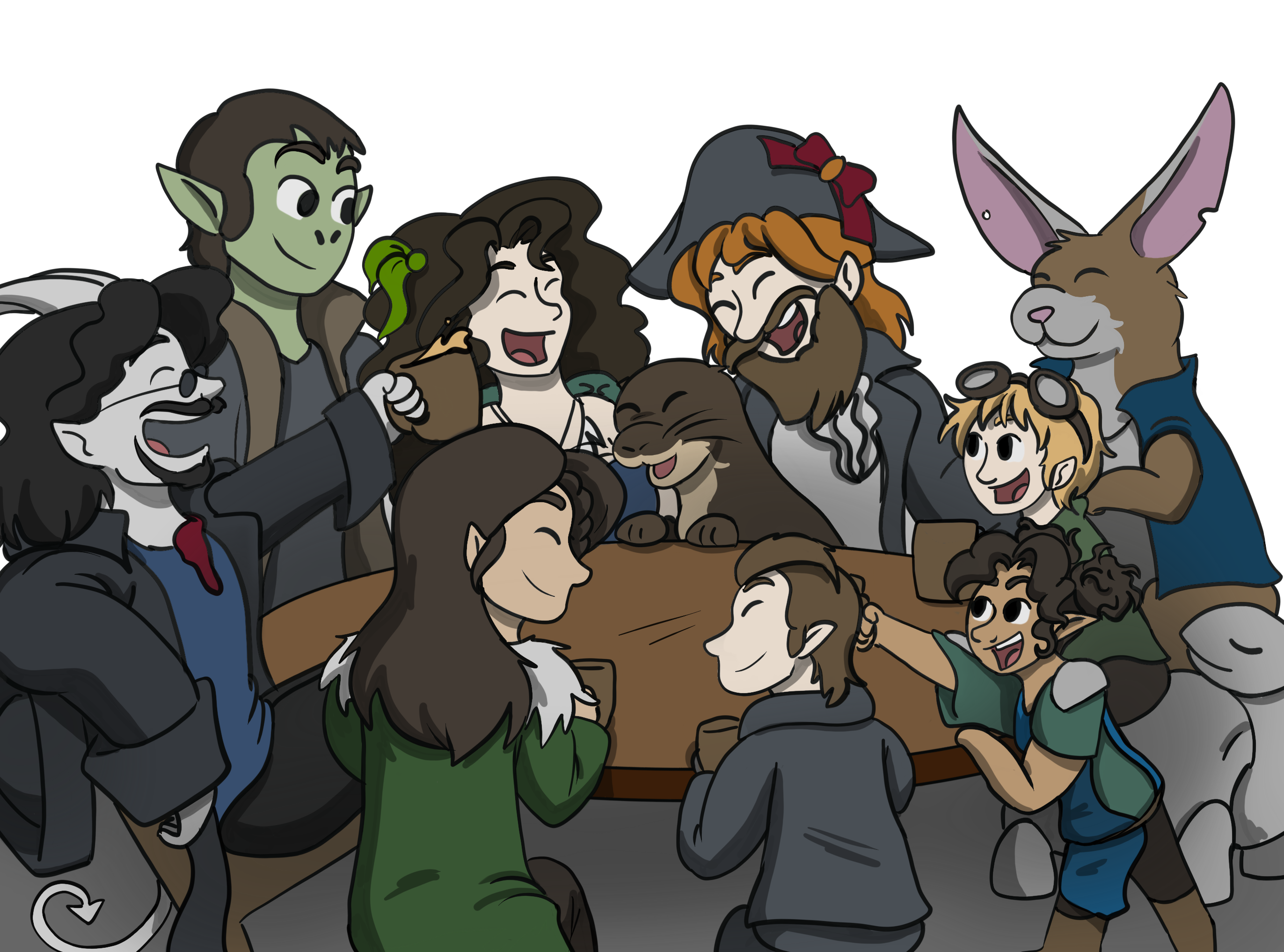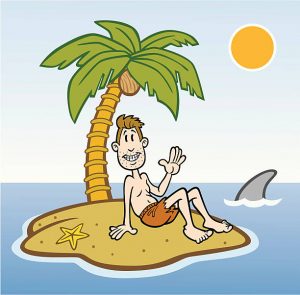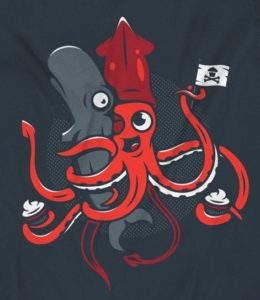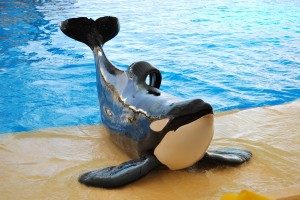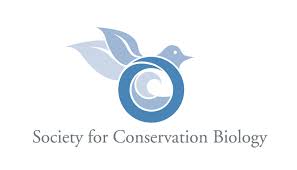In the UK, there is a famous and long-running radio show called Desert Island Discs. On this show celebrities are asked to imagine that they are marooned on a desert island, but they have rescued 10 discs (mp3s I suppose these days…) of songs that they have rescued from their sinking ship to keep them company on the desert island.
clipart credit: istock.com
My chum – marine mammal scientist and general ocean hero – Asha De Vos recently asked for a list of key papers in marine conservation that she could pass onto students working on marine conservation issues in Sri Lanka. So I decided to write up my top ten “desert island” marine conservation papers that I think have been influential, and that all marine conservation students should read.
So after much pondering, this is my list:
Read More “Desert island discs – the marine conservation edition” »
